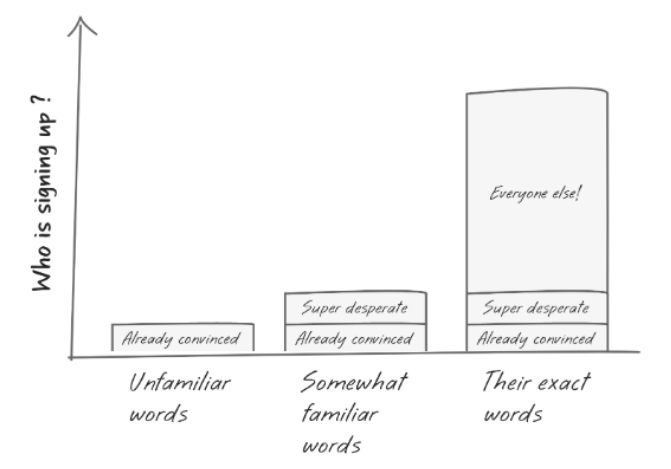Be a painkiller, not a vitamin: Lessons from the CEO of Deployed

Deployed originally set out to build a marketplace for complex, project-based contractors, but soon realised there was a pre-cursor problem: a clearly defined statement of work. So they pivoted to focus on helping businesses better define the scope of projects using conversationality and behavioural science to bring effective dialogue back into the process.
Since launching in 2019 they've won the Melinda Gates Female Founders Award, working with early adopter enterprise clients who spend over $6B collectively on Statements of Work, and just closed a $4m fundraising round. So, how did they do it?
Check out the full conversation on LinkedIn, and read on for our top takeaways:
⚡Be a painkiller, not a vitamin
We love this analogy. Both painkillers and vitamins can make great products, but in most cases, people need a painkiller and that helps to create urgency. So how do you create a killer product?
Emma says that in the case of Deployed and the problem they were trying to solve, there was never any doubt that a problem existed, the question was, how to solve it. She knew that their target market would need a new, innovative solution. Simply digitising the existing process wasn’t going to work.
Deployed’s founding team had spent time working in large scale financial services, so were able to use their own experiences from both a buyer and seller perspective to really drill down into what would have made their life easier when agreeing work. They then used their existing networks to help confirm and validate how they were thinking of solving the problem.
Deployed also won an Innovate UK Government grant which they chose to invest in research before they started building their product. Emma says that she found the honest feedback in the user interviews “eye-opening”, as it identified some important blind spots and challenged their assumptions for the better.
⚡Get in front of your target audience
Deployed had their eye on enterprise clients, but they needed to get in front of them. Early on, they attended a procurement event which had their own version of Dragon’s Den, and they had just five minutes to talk about their product on stage.
This was a game changer for the team. Rather than, as Emma says, chasing down leads one by one on LinkedIn, they were able to quickly articulate the problem and how they’re solving it and hear people say, “Yes, we face this problem, how can we work with you?”
We often assume that all sales need to be online and direct. If there’s a big event, with enough of a focus on your target audience and area of expertise, what better way to get in front of them and tell your story?
⚡ Get your hiring right from the start
One of Emma’s key learnings is to focus on hiring a team that has a good cultural fit. Lots of people have the right skills and capabilities for your business, but this doesn’t mean they are a good fit for the team.
They have done this by being clear on, and articulating, their company values upfront. This has helped identify the right hires and created a strong company culture.
⚡Some of the best decisions come from disagreements
Finally, we loved hearing about how Emma works alongside her co-founders. Kayleigh Kuptz, Chief Operations Officer, and Jamie Gannaway, Chief Product Officer have both spent time working in large-scale financial service organisations and have witnessed first-hand the poor planning and time and resource wastage in scoping projects.
Emma’s background was a little different; she had previously built an on-demand platform before for blue collar workers. The team came together with different perspectives, but a shared goal to rewrite the language of work.
With three different backgrounds and skill sets, there is a huge amount of support but also a lot of debate which has led to some great decisions being made.
With that in mind, I’d love to know, what does your support network look like? When was the last time a disagreement led to a great decision?
Newsletter#founderstories#startuplessons#startuptipsCase Study


.png)

.png)
.png)
